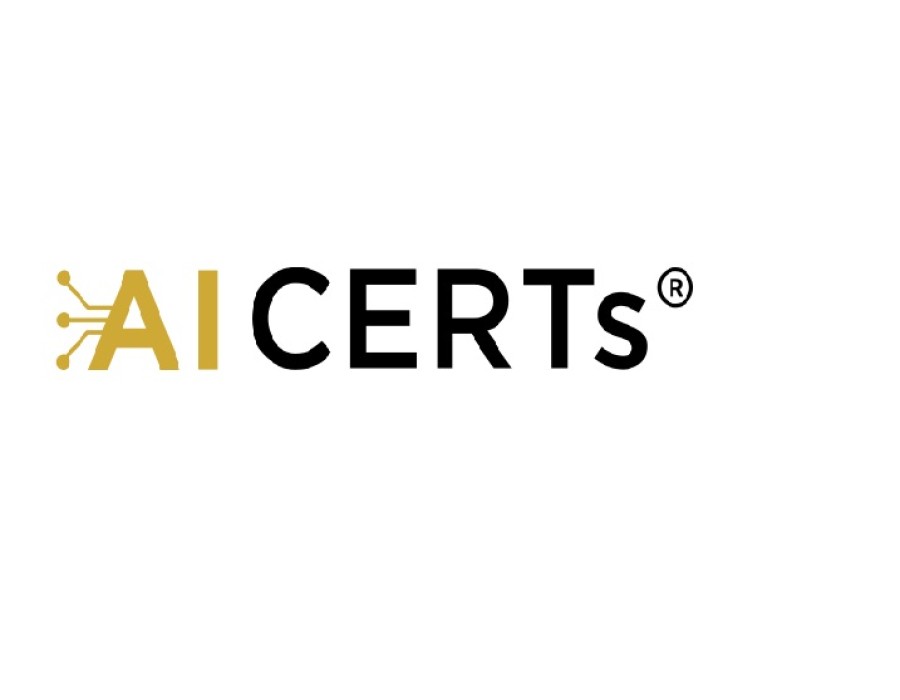Education is undergoing a seismic transformation. With intelligent platforms, adaptive assessments, and data-driven personalization becoming the new norm, the traditional classroom model is evolving rapidly. However, tools alone won’t create impact—the shift begins in our mindset. Teachers, trainers, and academic leaders must fundamentally change how they think about teaching, learning, and their own roles to truly harness the power of AI.
Whether you’re designing curricula for schools, universities, or corporate training programs, the future belongs to those who embrace AI with curiosity, purpose, and openness to continuous growth. Here are the three pivotal mindset shifts that form the cornerstone of AI‑enabled, learner‑focused education.
Embrace the Role of a Data-Driven Mentor
The traditional role of a teacher as a singular source of truth is fading. With AI, the classroom is now rich in real-time data—allowing educators to focus on guiding students based on insights, not assumptions.
Enrolling in AI in education training helps educators interpret student data to personalize instruction, address gaps, and boost engagement. When educators act more like data-driven mentors than lecturers, learning outcomes improve dramatically. This shift enables teachers to spend less time guessing and more time growing every student’s potential.
Redefine Expertise in the Age of Intelligent Tools
Being an expert no longer means knowing all the answers. In AI-driven classrooms, it means knowing how to ask the right questions—and how to use intelligent tools effectively.
Educators serious about becoming an AI educator are already learning to co-create content with AI, use chatbots to tutor students, and integrate machine learning into classroom planning. Mastery today lies in collaboration—not competition—with machines. The educator’s value now lies in critical thinking, empathy, and the creative use of digital tools.
Shift from Teaching Facts to Curating Future-Ready Skills
Today’s students need more than memorization—they need skills that will prepare them for jobs that don’t even exist yet. That calls for educators who can design learning experiences that build adaptability, curiosity, and innovation.
Pursuing an AI Educator certification is an excellent step toward aligning with this new vision of teaching. Through it, educators gain exposure to ethical use cases, practical applications, and AI's long-term impact on learning systems.
Additionally, choosing to learn AI for teaching equips educators with strategies to foster deeper student interaction, enable real-time feedback, and develop personalized content with the help of AI.
Schools investing in an AI-driven teaching program aren’t just upgrading tech—they’re upgrading mindsets. These programs are building agile, future-ready educators who can teach students how to learn, unlearn, and relearn in an AI-first world.
From Delivering Content to Facilitating Personalized Journeys
Why it matters:
Traditional classrooms emphasize delivering the same curriculum to every student, regardless of skill level, learning pace, or personal interests. AI changes that. By collecting real-time data on student progress, strengths, and struggle points, intelligent systems can adapt content—providing personalized reading assignments, practice drills, or problem sets tailored to individual learner profiles.
Mindset shift:
Move from seeing your role as a lecturer to seeing yourself as a learning guide who interprets AI insights and customizes support. Embrace tools not to replace your teaching, but to elevate it.
Real-world example:
In Indonesia, a regional training center partnered with an innovative digital startup offering AI‑powered tutoring. When students encountered gaps on practice modules, the platform flagged issues immediately, prompting instructors to provide targeted one‑on‑one help, rather than waiting until test day. The result: failure rates dropped sharply, and student confidence soared.
By enrolling in AI in education training, educators gain hands‑on understanding of adaptive systems, enabling them to monitor learners and shape interventions in ways previously impossible.
Unlocking the Educator of Tomorrow
By embracing these mindset shifts—prioritizing personalization, redefining expertise, and committing to lifelong innovation—educators can step into a future where AI amplifies human connection rather than diminishing it. Intelligent systems can handle repetitive tasks and tailor content, while educators focus on creative facilitation, mentorship, and strategic design.
This approach not only benefits teachers but also significantly enhances student outcomes. Classrooms become environments where learning is unique, responsive, and deeply human. Students develop critical thinking skills, teachers become adaptive leaders, and institutions shine as innovators.
The future of education is not about replacing humans with machines—it’s about reshaping education to be more responsive, inclusive, and sustainable. When educators lead with curiosity and innovation, students learn not just to consume information—but to harness AI as a tool for lifelong discovery.
Conclusion
Empowering education with AI isn’t about handing over control to machines—it’s about elevating the human side of teaching. By embracing personalized guidance, redefining expertise, and curating future-ready skills, educators can become champions of a smarter, more connected classroom. The future of learning is here. It’s not just digital—it’s deeply human.




.jpg)

Comments